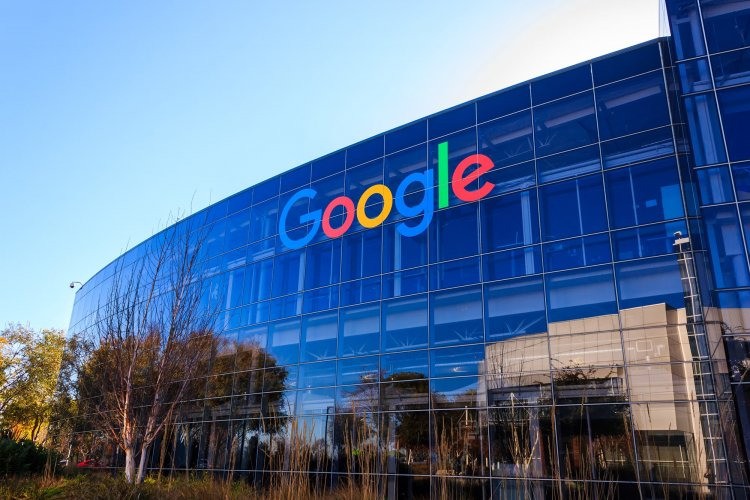Google’s parent company, Alphabet, experiences $100 billion loss after AI chatbot shares inaccurate information
Alphabet, the parent company of Google, suffered a massive loss of $100 billion in market value on Wednesday, following an incident in which its new AI chatbot, Bard, provided incorrect information in a promotional video.
Bard is an experimental conversational AI service, powered by LaMDA. Built using our large language models and drawing on information from the web, it’s a launchpad for curiosity and can help simplify complex topics → https://t.co/fSp531xKy3 pic.twitter.com/JecHXVmt8l— Google (@Google) February 6, 2023
During regular trading, Alphabet shares fell as much as 9%, with volumes almost three times the 50-day moving average. They recovered slightly after hours and were relatively stable.
The company had lost 40% of its value last year but had rebounded by 15% since the start of this year, not including Wednesday’s losses.
This situation occurred after the company announced that Bard would soon be available for public testing.
Google CEO Sundar Pichai wrote in a blog post on Tuesday that they had developed a new AI chatbot, Bard, using LaMDA, the company’s Language Model for Dialogue Application.
He further added that the chatbot would first be tested by trusted users before becoming more widely available to the public in the coming weeks.
Although Bard has not been released to the public yet, its error was discovered just before the presentation on Wednesday.
Google released a brief GIF video of Bard in action via Twitter, promising that it would simplify complex topics.
However, in the video, the chatbot gave an incorrect answer when asked, “What new discoveries from the James Webb Space Telescope (JWST) can I tell my 9-year old about?” Bard provided various answers, including one that claimed the JWST was used to capture the first images of a planet outside the Earth’s solar system or exoplanets.
Unfortunately, the first images of exoplanets were taken in 2004 by the European Southern Observatory’s Very Large Telescope (VLT), which was confirmed by NASA.
A Google spokesperson responded to the issue by emphasizing the significance of a thorough testing process. They stated, “This highlights the importance of a rigorous testing process, something that we’re kicking off this week with our Trusted Tester program.
We’ll combine external feedback with our own internal testing to make sure Bard’s responses meet a high bar for quality, safety, and groundedness in real-world information.”
